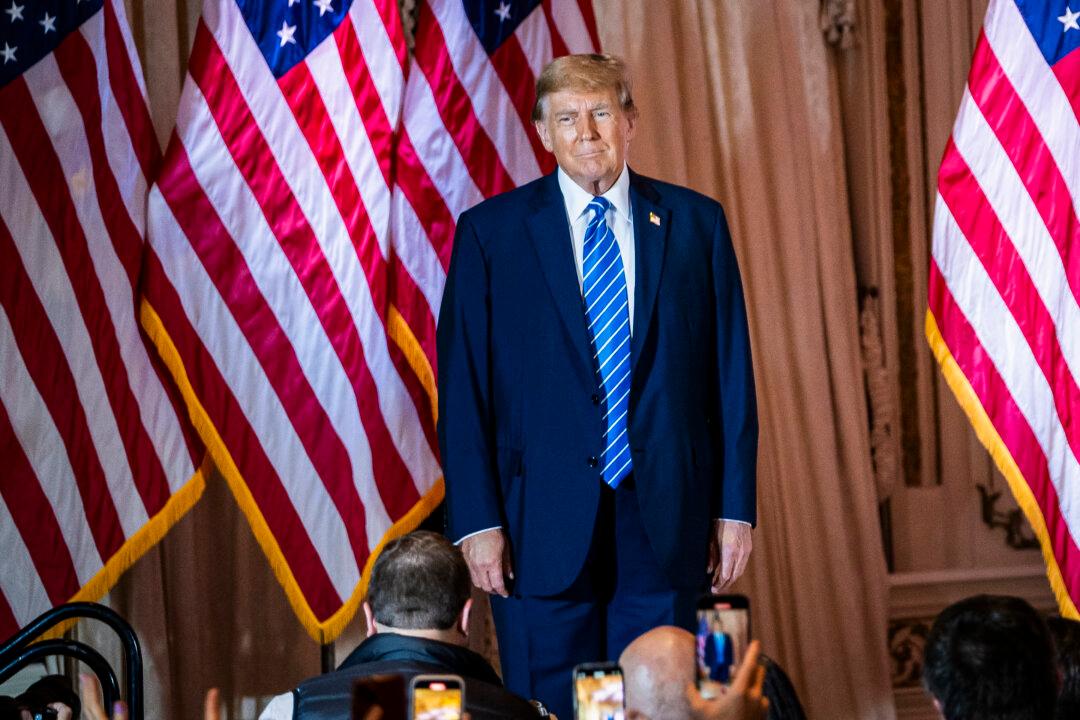U.S. District Judge Aileen Cannon has scheduled a hearing for June 24 on prosecutors’ request to modify the conditions of release for former President Donald Trump in the Southern District of Florida, where he has been charged with 40 counts related to allegedly mishandling classified documents.
The prosecution is requesting that the judge make clear that the former president “may not make statements that pose a significant, imminent, and foreseeable danger to law enforcement agents participating in the investigation and prosecution of this case.”





